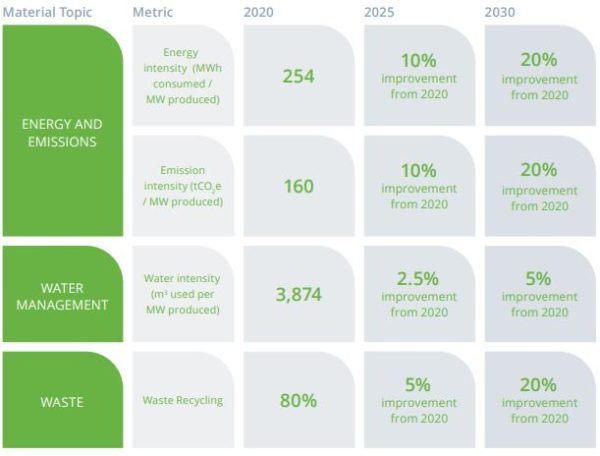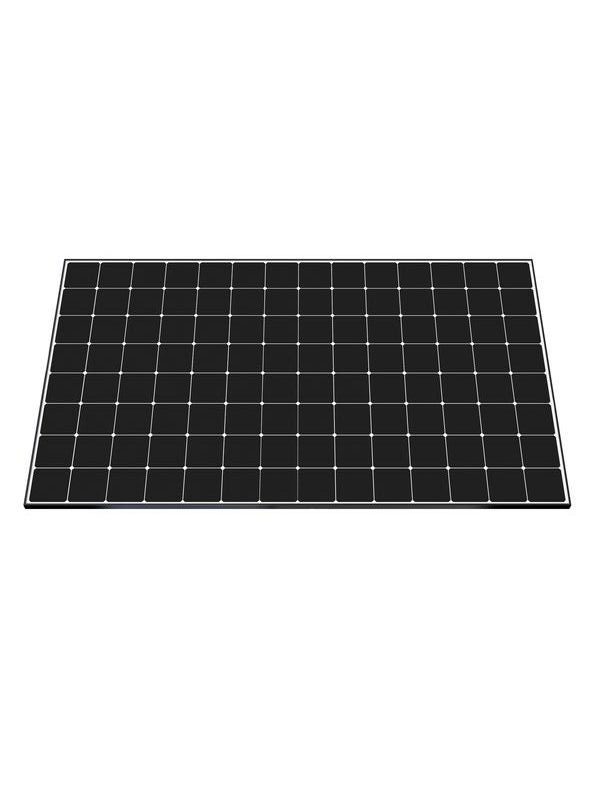From pv magazine Global
Maxeon Solar Technologies, a major PV module producer based in Singapore, revealed the results of a third-party energy payback performance evaluation of its Maxeon 3 panels in its 2021 annual sustainability report.
Energy payback is the period required for a renewable energy system to generate the same amount of energy that was used to produce the system itself. The assessment considers the cumulative energy demand over all the life cycle stages of solar panels and considers local grid efficiencies for different global locations.
The test found that Maxeon 3 solar panels had an energy payback period ranging from 0.13 to 0.45 years for ground mounted modules, and 0.27 to 0.92 years for a residential rooftop system. For ground mounted panels, the energy payback period can be as little as 47.5 days.
Spread over the 40-year performance warranty on the panels, the energy output exceeds the input more than 100 times over its lifetime, marking a significant milestone for the sustainability of PV technology.
Sustainability Report 2021
Maxeon shared in its 2021 sustainability report that it delivered 899 MW of clean energy in 2021, namely its solar panels. The company’s impact led to over 52 million tons of carbon emissions abatement that year.
It committed to decreasing both the energy intensity and carbon intensity of manufacturing its panels from 2020 levels by 10% in 2025 and 20% in 2030. It also seeks to cut water use by 5% and waste creation by 20% by 2030.

For social goals in its ESG report, the company reported an industry-leading low rate of workplace safety incidences, and it has zero cases of non-compliance with human rights laws. It seeks to boost its traceability even further by 2025 by putting its supply information on blockchain, making supplier data is available within 4 hours of inquiry.
In 2021 the manufacturer introduced the Air panel, a thin, flexible module designed to adhere to low weight load bearing commercial roofs, which the company said represents a 4 GW market unserved by traditional solar panels that are too heavy for such structures.
The panel manufacturer also announced it joined the Singapore Low Carbon Network as an inaugural member as part of PwC Singapore’s Asia Pacific Centre for Sustainability Excellence. It formed new partnerships with Solar Energy Research Institute of Singapore and National University of Singapore for continued advancement of its technology.
“With less than ten years left to meet the UN’s 2030 Agenda on Sustainable Development, renewable energy will be a key engine powering both Singapore’s and the world’s decarbonization agenda. We warmly welcome Maxeon Solar Technologies to the United Nations Global Compact and look forward to working alongside them to take decisive action for the Sustainable Development Goals,” said Esther Chang, Executive Director, Global Compact Network Singapore.
This content is protected by copyright and may not be reused. If you want to cooperate with us and would like to reuse some of our content, please contact: editors@pv-magazine.com.









By submitting this form you agree to pv magazine using your data for the purposes of publishing your comment.
Your personal data will only be disclosed or otherwise transmitted to third parties for the purposes of spam filtering or if this is necessary for technical maintenance of the website. Any other transfer to third parties will not take place unless this is justified on the basis of applicable data protection regulations or if pv magazine is legally obliged to do so.
You may revoke this consent at any time with effect for the future, in which case your personal data will be deleted immediately. Otherwise, your data will be deleted if pv magazine has processed your request or the purpose of data storage is fulfilled.
Further information on data privacy can be found in our Data Protection Policy.